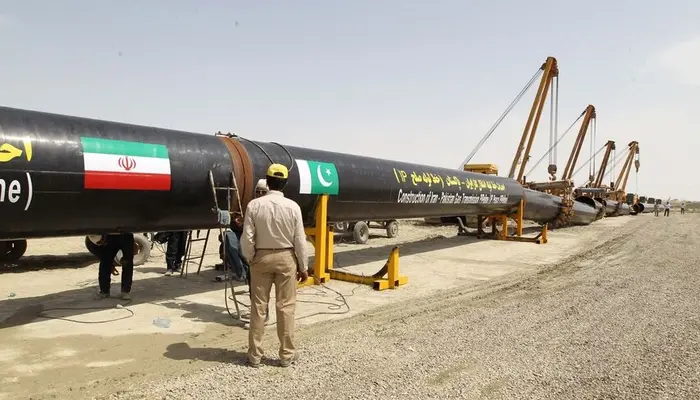The Economic Coordination Committee (ECC) has approved a gas tariff hike for captive power plants, leaving domestic consumers unaffected. This decision aims to address the financial challenges of the gas sector while ensuring households are not burdened with additional costs.
Tariff Increase for Captive Power Plants
During a meeting chaired by Finance Minister Mohammad Aurangzeb on Saturday, the ECC announced a tariff increase for captive power plants from Rs. 3,000 to Rs. 3,500 per MMBTU for the fiscal year 2024-25. This move, according to the Ministry of Finance, is necessary to generate revenue for the struggling gas sector.
However, the committee rejected a proposal to raise gas prices for domestic users, emphasizing the importance of shielding households from higher utility costs.
Grid Transition Levy Introduced
To enhance energy efficiency, the ECC directed the Petroleum Division to implement a grid transition levy on captive power plants. This levy is part of broader efforts to improve performance in the energy sector while addressing revenue shortfalls.
Read: Pakistan’s Inflation Hits Lowest Levels in Over a Decade
Summary Review and Key Attendees
The Petroleum Division presented a detailed summary proposing revisions to gas tariffs for industrial users and certain domestic slabs. Key attendees included Petroleum Minister Musadik Masood Malik, Power Minister Sardar Awais Ahmed Khan Leghari, and senior government officials.
The ECC’s decision comes amidst opposition from industrialists and exporters, who argue that higher utility costs could negatively impact small and medium enterprises (SMEs). The revised tariffs aim to strike a balance between revenue generation and minimizing economic disruptions.
Background on Gas Pricing Challenges
Recently, the Oil & Gas Regulatory Authority (OGRA) recommended a 26% increase in gas prices to generate Rs. 847.33 billion during the ongoing fiscal year. The suggested average gas price stands at Rs. 1,762.51 per MMBTU for Sui Southern Gas Company (SSGC) and Rs. 1,778.35 per MMBTU for Sui Northern Gas Pipelines Limited (SNGPL).
This backdrop highlights the financial strain on the gas sector and the need for decisive action to stabilize the industry.
Impact and Future Outlook
The ECC’s decision to avoid a tariff hike for domestic users demonstrates the government’s commitment to alleviating the financial burden on households. However, the increased rates for captive power plants and the introduction of a grid transition levy may pose challenges for industries, particularly SMEs.
As the energy sector continues to grapple with financial pressures, stakeholders will closely monitor the implementation of these measures and their impact on economic activity. Balancing sectoral revenue needs with consumer affordability remains a critical priority for policymakers.
This adjustment in gas pricing marks a significant step in addressing the country’s energy challenges while aiming to maintain a fair distribution of costs across sectors.
Follow us on Google News, Instagram, YouTube, Facebook,Whats App, and TikTok for latest updates
